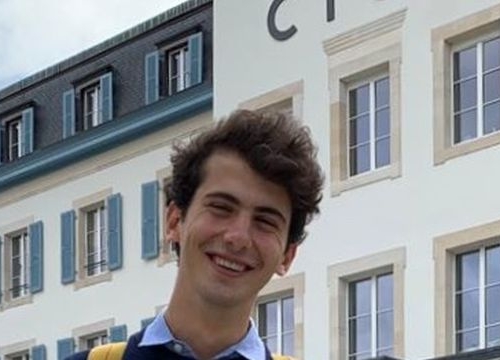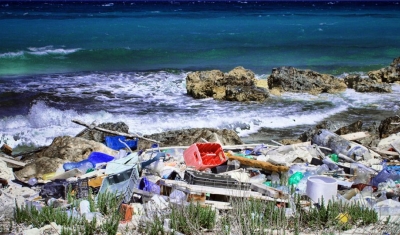MAS in Transitional Justice, Human Rights and the Rule of Law: What our Students Say
16 January 2020
In this interview, Ramzi Kaiss, currently enrolled in our MAS in Transitional Justice, Human Rights and the Rule of Law (MTJ) tells us about the programme and life in Geneva.
About Me
My Name is Ramzi Kaiss and I come from Beirut, Lebanon. Before studying at the Geneva Academy, I completed a bachelor’s degree in Philosophy and International Relations at Connecticut College in the United States (US). After graduating, I worked in the US at an educational non-profit organization that develops training workshops and produces educational curricula related to periods of genocide and mass atrocity. I then returned to Beirut where I worked at the Beit Touyour Ayloul Foundation as part of the team that was archiving the early works and articles of the late Lebanese author and women’s rights activist, Emily Nasrallah.
Why did you choose the MTJ at the Geneva Academy?
Lebanon has an interesting history of transition from war to peace in the absence of transitional justice mechanisms. As someone interested in the history and current political landscape of the country and the region, I knew I wanted to deepen my knowledge of transitional justice issues. I found that the Geneva Academy’s MTJ programme was an ideal option for someone interested in studying transitional justice and human rights from a theoretical, political, legal and practical approach.
What are you particularly enjoying about this programme?
The best thing about the programme has been the classes and the people, from the professors to my colleagues. There are so many different ways in which one can approach transitional justice, and it is quite rewarding when you are around people who have a great experience doing transitional justice and human rights work in different contexts and in different capacities, from the governmental to non-governmental, academic and legal.
What are you planning to do next?
For now, I am not certain, but I hope that the research internship during the second semester and the planning process for the MTJ paper will provide me with some space to reflect on whether I want to pursue my academic research or explore work opportunities related to transitional justice issues in Lebanon and the wider Arab region.
Why did you choose to be photographed in front of the ICRC?
The photo was taken during a site visit to the headquarters of the International Committee of the Red Cross (ICRC). My friend and classmate Kinda insisted that I take a photo to send back home. So here it is.








